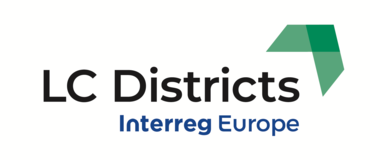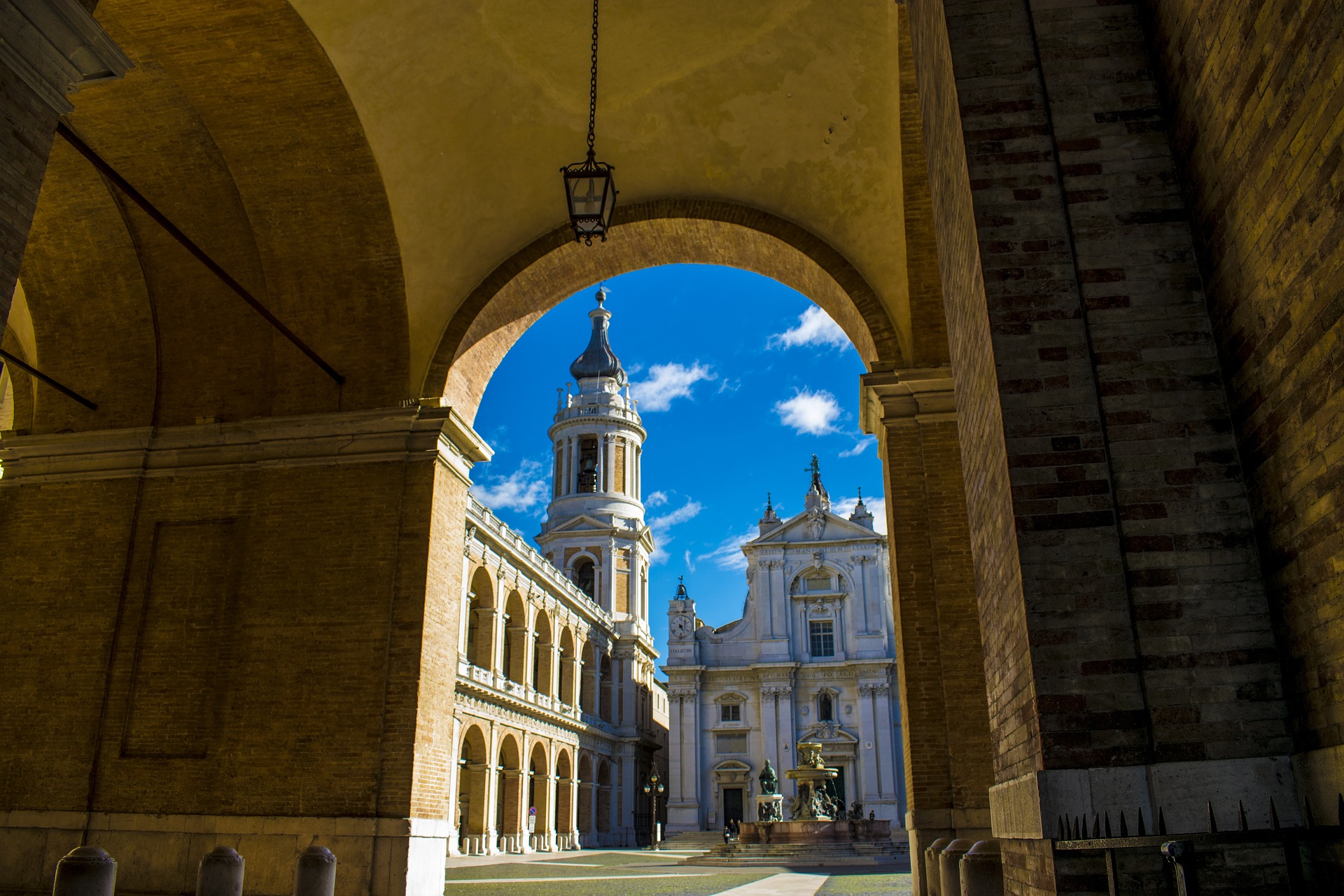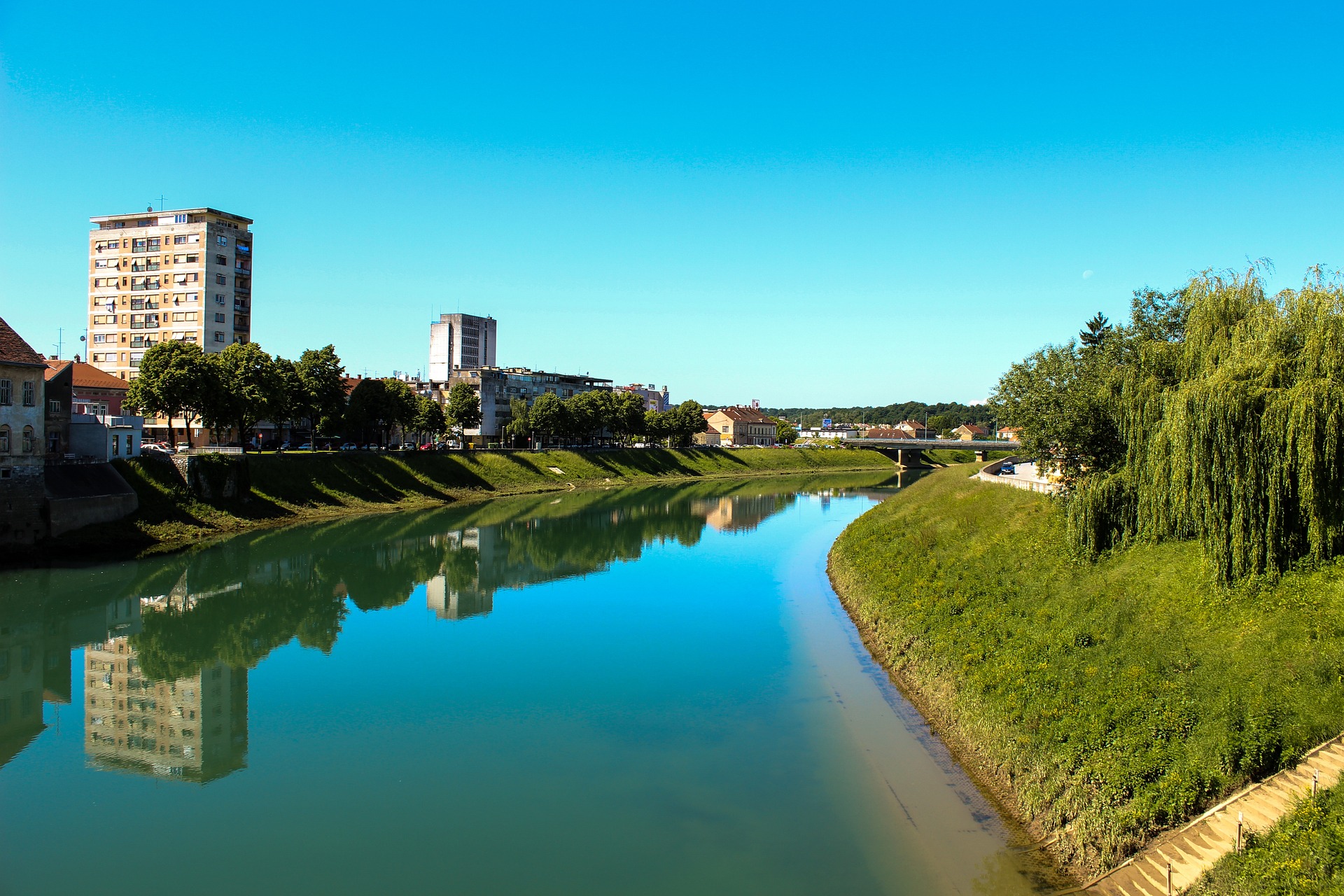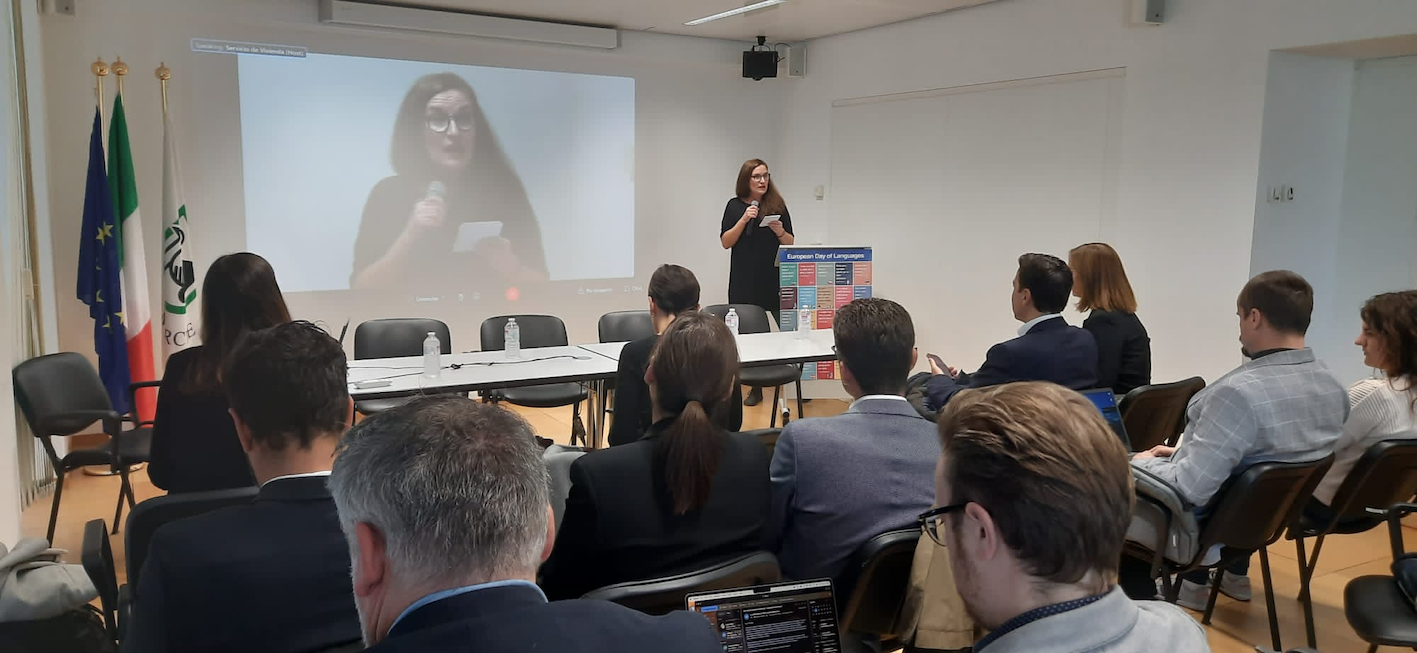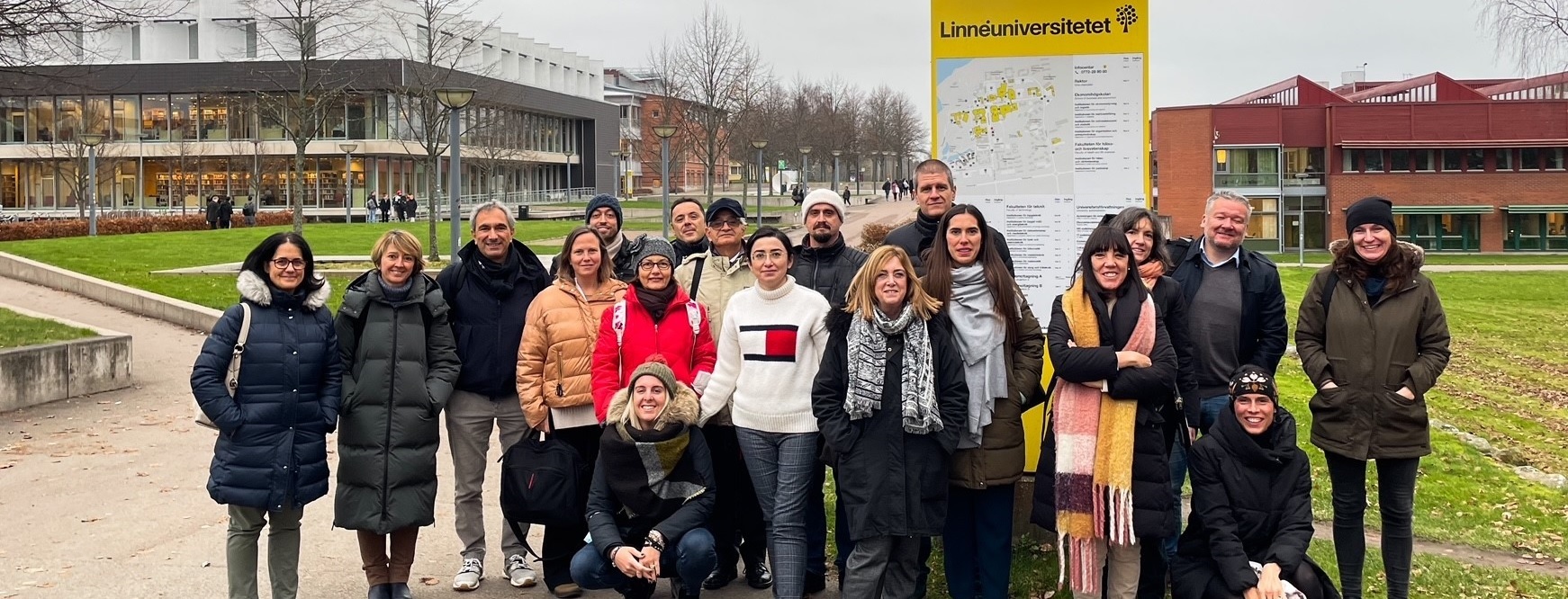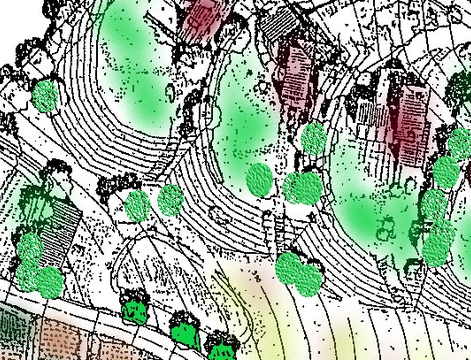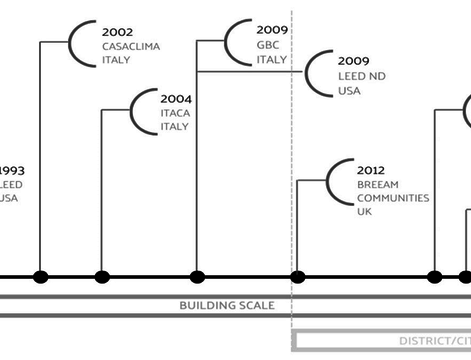The last project study visit took place on March 29. As it is still not possible to meet in person, the whole project consortium and important stakeholders from all participating regions met online again.
The event was hosted by our Croatian partners: the North-West Croatia Regional Energy Agency (REGEA). In collaboration with local experts, they presented three examples of good practice from the region.
The first good practice presented by Tomislav Novosel was the harmonization of SECAPs with spatial planning and zoning. The decarbonization of cities and regions is crucial for the successful implementation of the EU's Green Deal vision. To achieve this, local and regional authorities need the capacity and tools to clearly define their development pathways, which must include energy and climate. REGEA supports the city of Karlovac and will jointly develop Croatia’s first green spatial and zoning plan, which will include the energy and climate measures identified in its SECAP. This action will make use of an existing tool experienced by city officials and will enrich it with mandatory energy and climate measures.
As a second good practice, Tatjana Čorlija Milivojevic presented the renewal of the district heating system in Zagreb. The revitalization of the largest district heating system in Croatia is also one of the largest projects currently underway in Croatia. The system itself (mostly the distribution network) is relatively old and is characterized by significant water and energy losses. It was assumed that its redesign would be carried out through a special mechanism called Integrated Territorial Investment. Croatia decided to use it and the whole ITI ecosystem was built, including the legislative and institutional setting. The preparation and implementation of the project were (and still are) demanding, but when completed, it will make a significant contribution to national energy and climate goals as well as to improving the quality of services to citizens.

The last good practice, presented by Marko Čavar, was about improving the district heating system in the city of Zaprešić. The reconstruction of the district heating system in Zaprešić considered several aspects to create a tailor-made approach for the modernization of the production and distribution parts of the system. The first part included the training of technical, economic and communication staff based on an assessment of training needs. DHS operators have built the capacity to develop business and financial plans and to gain specific knowledge in solving problems in district heating systems. As a result of the continuous collaboration, an innovative model was created for public buildings, where the DHS owner connects the building to the distribution network and installs solar thermal collectors on the roof, while excess energy is exported to the system (if not consumed within the school). Also, in winter, the DH network will provide the necessary heat demand to meet all school heating needs. The system will be tested to lay the foundations for the future replication of this model in other public buildings in the city (and beyond).

There were 32 participants in the online meeting including the project consortium and key stakeholders from all partner regions. Each presentation of good practice was followed by a lively discussion. We would like to thank our Croatian hosts, the event was prepared very professionally.
